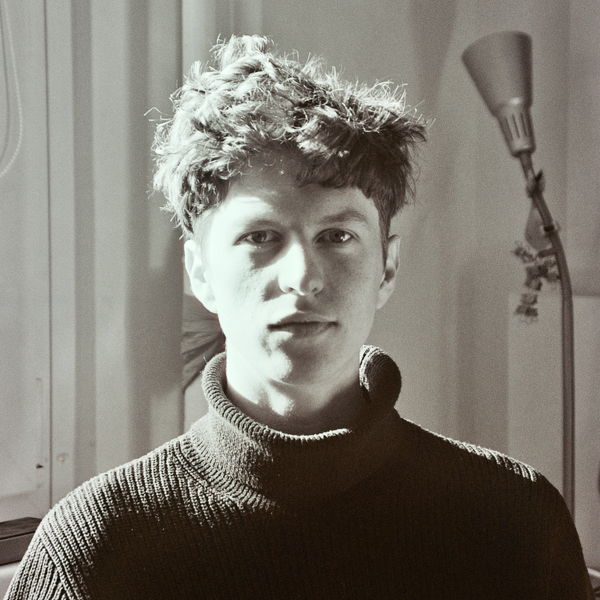SoCoRob - The social construction of human-robot co-work by means of prototype work settings
Technical University of Berlin
Background
There is reason to believe that the next stage of how robotic systems permeate the worlds of work is in essential respects penetration by collaborative robots. Settings of collaboration between human and robotic co-workers play an increasing role in making available robotic operations as resources for performing work, work which otherwise would remain out of reach for robotic automation for the time being.
The new possibilities of employing robotic systems in work settings, which are currently developed and explored, essentially rely on direct collaborative interaction between human workers and robots.
Research question
Our main research question is: how is the distribution of agency between human and robot co-workers socially constructed by means of prototypically realized work settings? To this end, we will focus on how different physical manifestations of human-robot co-work serve as positions in ongoing processes of social negotiation of possible uses of collaborative robots. Especially, we will focus on three different manifestations:
(1) robot prototypes with corresponding experimental work settings in the laboratory; (2) test and trial runs of more fully developed prototypes in more realistic work situations; and (3) real-world applications of human-robot collaboration. For reconstructing the positions inscribed in the physical manifestations of human-robot co-work, it is therefore necessary to analyse in detail, how the work tasks to be carried out are distributed between the human and the robot co-workers.
Approach
For analyzing how the distribution of agency between human and robot co-workers is socially constructed in different stages, first in laboratory settings and then in increasingly realistic real-world settings, we interpret the spectrum of manifestations of human-robot collaboration as prototypically realized scenarios at different stages of elaboration. Furthermore, we use the concept of gradualized action, which allows us to distinguish between different levels of distributed agency and precisely describe, in which way and to what extent activities are delegated to robot or human co-workers.
Therefore, we focus on the areas of industrial production and care work as they represent contrastive cases: In industrial production collaborative robots are the next step in a long-standing history of robotic automation whereas in care work the new robots are also the first robots to be employed there. Furthermore, we follow an international scope, including cases from Europe, the USA and Japan in our study.

Prof. Dr. Ingo Schulz-Schaeffer
TU Berlin
Institut für Soziologie
Henrik Bröckerbaum
TU Berlin
Institut für Soziologie





